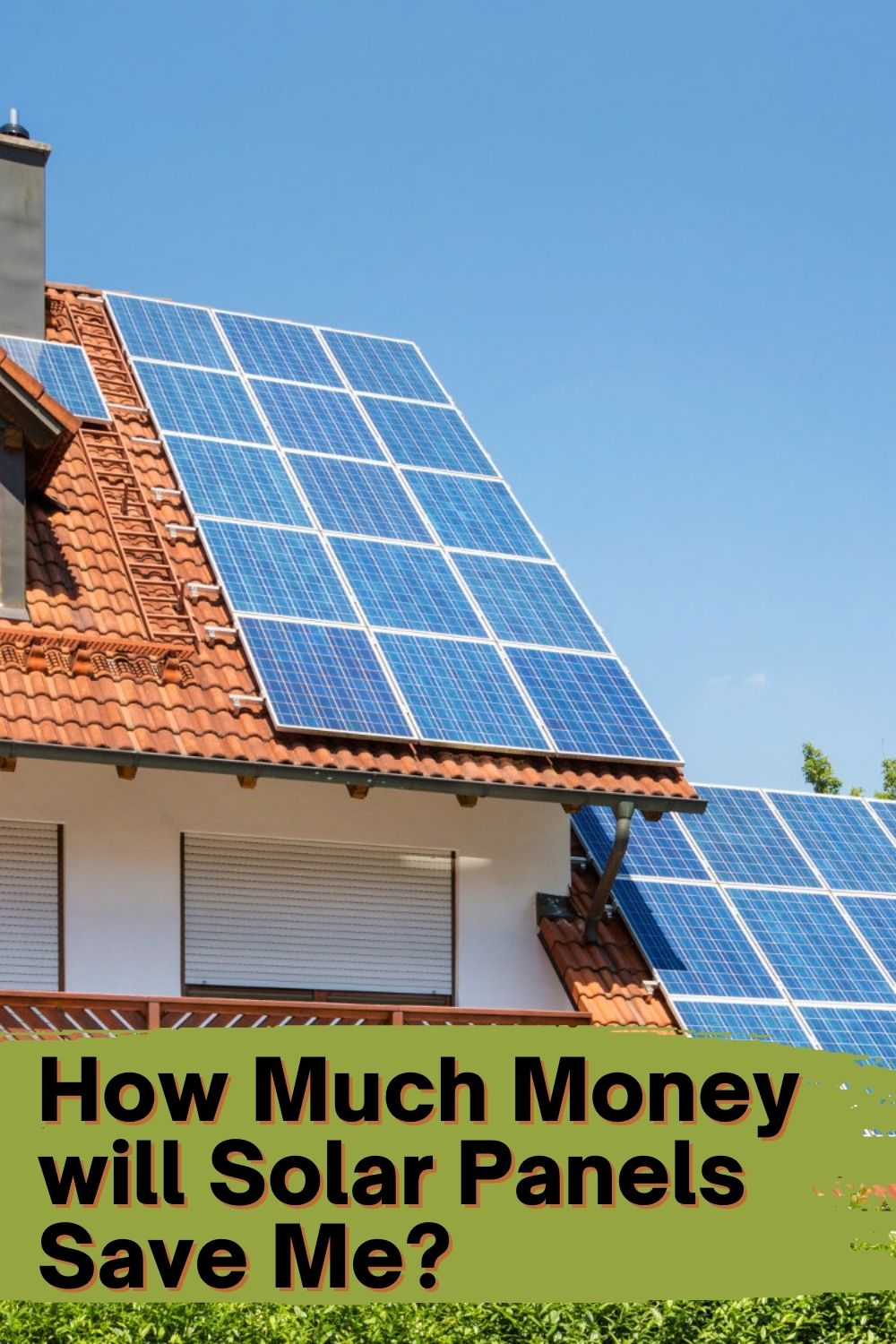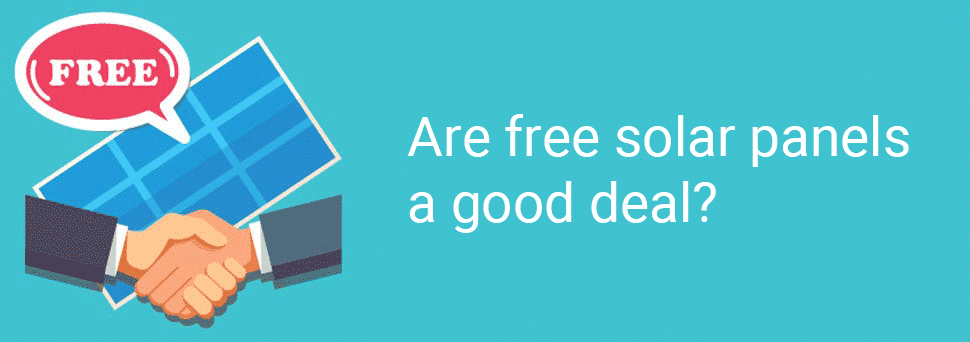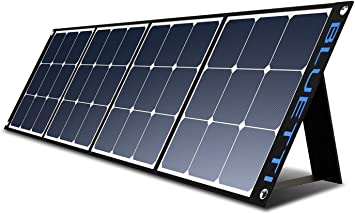
If you are considering installing your own DIY solar panels for your home, you need to be aware of the costs involved. These panels can be labor-intensive and require permits to be installed. Safety is another consideration. If you do not have experience installing solar panels, it is better to seek professional help for the installation. Before undertaking the project, it is essential to familiarize yourself with local laws and regulations.
Cost of DIY solar panel
If you are looking to cut down on your electricity bills, DIY solar panels may be an option. They are more expensive than pre-fabricated panels, but they can be constructed with less materials. Consider all the pros and disadvantages of DIYing your solar panel system before you make the final decision. DIY solar panels can save you money on electricity, in addition to cost savings.
It is difficult to make your own solar panels. It requires skill and the ability to complete the task correctly. Solar panel installation isn't the same as putting up Christmas lights, and requires a lot of climbing on top of your roof and wiring. You'll also have to determine the right angle for the panels and an inverter.

Permits are required for installation
It is essential to get all necessary permits before you install solar panels on your property. The local zoning board will assist you with obtaining the necessary permits. It can take several days or even weeks to get these permits. These permits can cost several hundred dollars.
You'll need to have a building permit and an electrical permit for DIY solar panels. Local electrical and building departments will examine the design of the system for compliance with local safety and building codes. Additionally, the building department will want to ensure the roof is strong enough to support the weight of the system. Some older homes may not be able to support the weight of a solar array. In these instances, it may be necessary to upgrade the electrical system and roof your home.
High-skilled labor
DIY solar panels are an excellent option for off-grid projects. For most homeowners, however, it is not feasible to go completely off-grid. It's better to remain connected with the primary utility grid, and to have stable electricity. This way, you won't have to worry about costly utility bills when you don't need to.
DIY solar panels are a great way to save money, but it can also be time-consuming. You might have to take time off from work, which can cost you more than the savings you will realize from the solar panels. To ensure they work properly, you will need to maintain them on a regular schedule.

Safety concerns
It is important to understand the risks involved in installing DIY solar panel systems. First, your safety. Without the right training and tools, there is a risk that you will injure yourself and your loved ones. Also, solar panels that are not properly installed can damage your roof or ruin your curb appeal.
You will need to do a lot more research before you can install DIY solar panels. You must first determine which permits are required to install solar panels in your area. Then, purchase and install appropriate equipment. Renogy offers complete instructions and safety guidelines in its DIY kits.